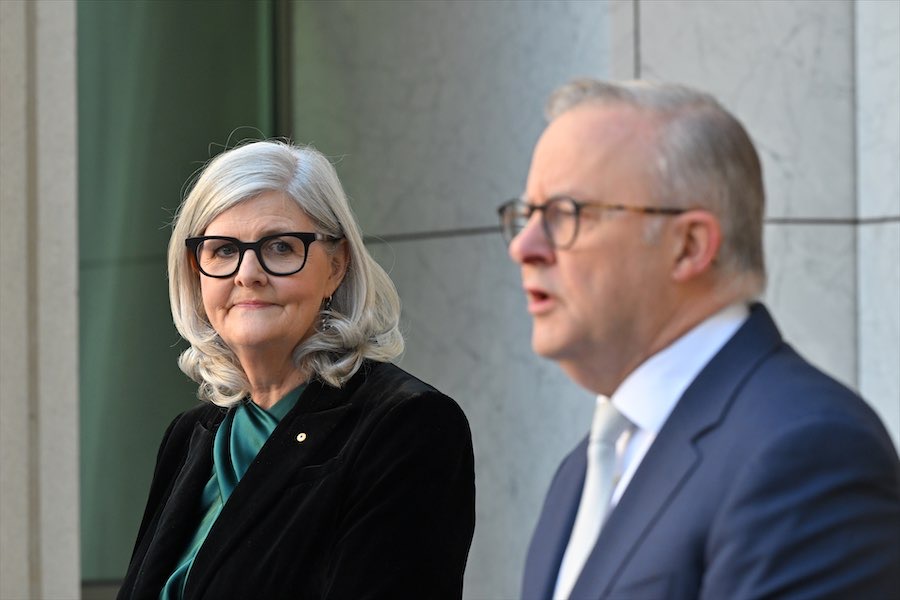POLITICAL parties hate strategic voters. However, the Hare-Clark system is designed specifically to empower voters so that they are not tied into a party-controlled system.
Strategic voters simply list in order the candidates they believe will best represent their interests, ignoring the columns and working across the ballot paper from whatever the party or from the independent columns.
Preferences really are the key to ACT elections. Only three MLAs were elected on primary votes at the last election in 2008 without the need to rely on going to preferences. They were the two party leaders, Jon Stanhope and Zed Seselja and then Deputy Leader, Katy Gallagher. However, their “surplus votes” were distributed according to voter preferences.
The parties want you to keep your preferences within the party ticket. The party scrutineers have a range of pejorative words for the votes
that do not follow the party line such as “leakage”, “deserters”, “seepage”. However, voters have the power to make their own decisions about who are the best candidates to represent their interests in the ACT Assembly.
The key to effective voting is often the second, third or later choice of the voter – it has a serious impact. What the parties know is that the way voters distribute their personal preferences has huge influence on who gets elected. Voters need to understand the same and distribute their votes accordingly.
The ACT Election has officially commenced and the Government is in caretaker mode. Candidates will have to have nominations in at noon on Wednesday, September 26. So it is time to begin thinking about the most effective way to make votes count at the election on Saturday, October 20.
Strategic voters understand the framework of the three incumbent parties. The party policies and approach provide the context of how they are likely to behave. They have a track record and have well-developed and agreed policy positions to take into the Assembly. Newer parties and independents are developing their policies and trying to get them into the public arena. Some start with a single interest and then expand beyond their initial purpose – as the Greens did 20 years ago. A strategic, committed party voter will not just look at the party purpose and platform, but will make an assessment of the individuals within the party.
The Motorist Party, unsurprisingly, has policies on public transport, roads, cyclists and recreational motoring and motorcycles. However, it also has a law-and-order policy and supports small business, but does not have a published position on health and education, for example. One of its candidates, Chic Henry, has already made a major contribution to Canberra over many years through Summernats and might appeal as a first, second or third preference to many.
The Bullet Train for Canberra Party and the Marion Lê Social Justice Party have recently gathered the support of at least 100 people each to be able to register as parties. However, although it is clear that the Bullet Train for Canberra will have a specific focus, it is not that easy to understand how it will behave on a wide range of other issues in the Assembly.
It is a different story for Marion Lê. She is well known for her advocacy work for refugees for more than a quarter of a century. She ran with the Residents Rally in the first ACT election in 1989, the Canberra Unity Party in the second election in 1992, and has now decided to form her own party based on principles of social justice.
The principles are important. However, Marion Le is going to have to clarify her party position on where she stands on a range of issues before strategic voters will give her their first preference.
The Community Alliance Party sets out five pillars for direct community participation including direct, collective decision making, open politics, citizens’ councils, petitions and an integrity commission.
Michael Moore was an independent member of the ACT Legislative Assembly (1989 to 2001) and was minister for health.
Who can be trusted?
In a world of spin and confusion, there’s never been a more important time to support independent journalism in Canberra.
If you trust our work online and want to enforce the power of independent voices, I invite you to make a small contribution.
Every dollar of support is invested back into our journalism to help keep citynews.com.au strong and free.
Thank you,
Ian Meikle, editor





Leave a Reply